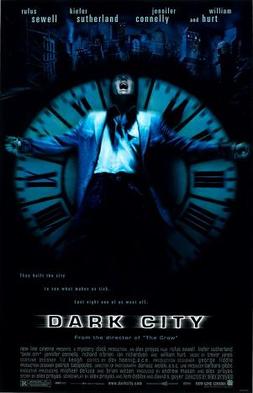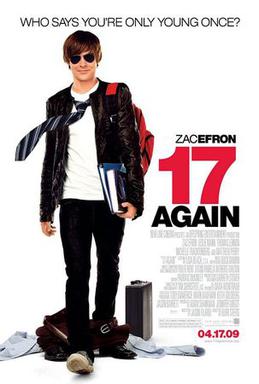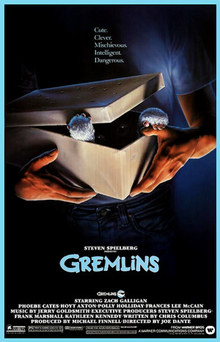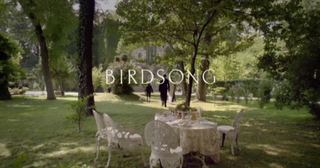Lists






6 Books
Read
Sort by:
Recent Desc
More lists by Fass



Maybe To Watch
List includes: The Crazies, Donnie Darko, Dark City
November 2022
0
@MeMeMe...Cuzco



Good Drama
All the serious shows and movies that were were it in genres I normally don’t watch
November 2022
1
@MeMeMe...Cuzco



Supernatural Cravings
List includes: The Dresden Files, Crimson Peak, Look Away
November 2022
0
@MeMeMe...Cuzco


Dumb Teen Movie/TV -Great Watch
List includes: 10 Things I Hate About You, 17 Again, Cruel Intentions
May 2022
0
@MeMeMe...Cuzco



Cartoons/ Kids
List includes: Gargoyles, Garfield and Friends, Tiny Toon Adventures
April 2022
0
@MeMeMe...Cuzco



Old Favs
List includes: The Fresh Prince of Bel-Air, Enemy of the State, Road to Perdition
February 2022
0
@MeMeMe...Cuzco



Scary-ish Stuff
List includes: The Skeleton Key, Gremlins, Beetlejuice
February 2022
0
@MeMeMe...Cuzco

Childhood favs
List includes: Garfield and Friends
November 2021
0
@MeMeMe...Cuzco



Historical Fiction
List includes: The Pillars of the Earth, Birdsong, The Paradise
November 2021
0
@MeMeMe...Cuzco